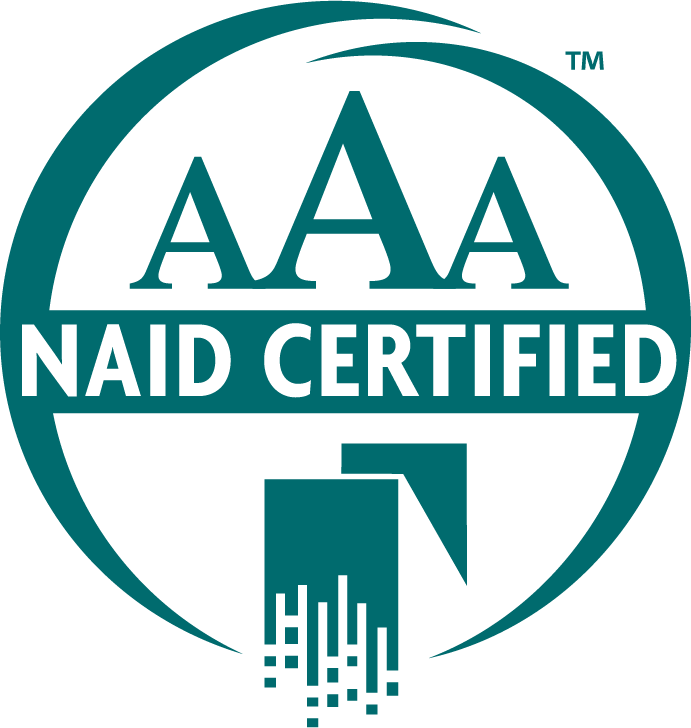FAQs
Shredding is the most important step in keeping your information secure in both the workplace and at home. Destroying no-longer-needed, confidential information in a timely manner limits your liability and protects proprietary information.
When you consider how much it can cost for one of your employees to do this task, you’ll find outsourcing to a professional document destruction company will save you time and money.
ADD's shredding services are not limited to only paper documents. We also destroy hard drives, CDs, DVDs/Blu-rays, videotapes, X-rays, casino chips, and other types of media.
There is no need to remove staples, paperclips, ACCO fasteners, binder clips, or small spiral bindings. We do request that you do not put 3-ring binders in with the material to be destroyed.
We recycle all shredded paper and any materials from electronic media or other items that can be safely recycled. Any materials that cannot be recycled are disposed of in an environmentally-safe manner.
Absolutely. We offer on-site shredding service and drop-off shredding service at our Sparks, Nevada facility. Both offer you the ability to witness the destruction of your documents.
We provide a Certificate of Destruction every time records or media have been destroyed so you have proof of destruction for your records.
The National Association for Information Destruction (NAID) is the non-profit organization that sets the standards for the document destruction industry. A NAID AAA Certified shredding provider must prove they adhere to strict security protocols. When NAID certifies an organization, they must first undergo an audit of their hiring practices, security procedures, equipment, security cameras, service vehicles and facilities. These are some of the security specifications that NAID auditors verify:
- All employees undergo local and federal background checks prior to hiring and throughout the course of employment.
- Written security procedures are followed.
- Access to materials is restricted at all times.
- Containers and vehicles protect information from unauthorized access at all times during transport and processing.
- There is an audit trail, including CCTV image capture and retention, and a thorough, documented chain of custody.
More than half of NAID Certification audits are unannounced, “surprise” audits. NAID AAA Certified information destruction companies operate every day with the knowledge that they could be audited without notice.
Please refer to www.naidonline.org for more information.
Laws and Regulations
The increase in IDENTITY THEFT crime has caused the enactment of the laws described below in order to protect individuals and businesses. The essence of these laws is to protect from the crime of IDENTITY THEFT by securing private personal information. Some states have also enacted laws, including the states of California, Wisconsin, and Georgia. One of the first and most well known of the laws is HIPAA, which was enacted to protect the privacy of patient information.
HIPAA
Health Insurance Portability and Accountability Act (HIPAA), was enacted in 1996 and includes provisions intended to safeguard the privacy of patient health records. HIPAA is a significant piece of legislation with onerous penalties. For a full text of the SUMMARY OF THE HIPAA PRIVACY RULE from the Department of Human Services, available online go to https://www.hhs.gov/hipaa/for-professionals/privacy/laws-regulations/index.html. See page 14 of this document in regards to shredding information.
FACTA
The Fair and Accurate Credit Transactions Act of 2003 also known as the FACT Act was signed into law on December 4, 2003. The Act amends the Fair Credit Reporting Act (“FCRA”). The Act contains a number of provisions intended to combat IDENTITY THEFT and consumer fraud and related crimes. Specifically, the act requires the destruction of PAPERS CONTAINING CONSUMER INFORMATION. Virtually every business or organization is bound by this law.
GLB
Gramm Leach Bliley (GLB) is another federal law with a much broader scope than HIPAA. This law was designed to compel financial institutions to “respect the privacy of its customers and to protect the security and confidentiality of those customers’ non-public personal information.” This language suggests that paper documents containing such personal information should also be protected when in use and safely destroyed when no longer current and usable.


